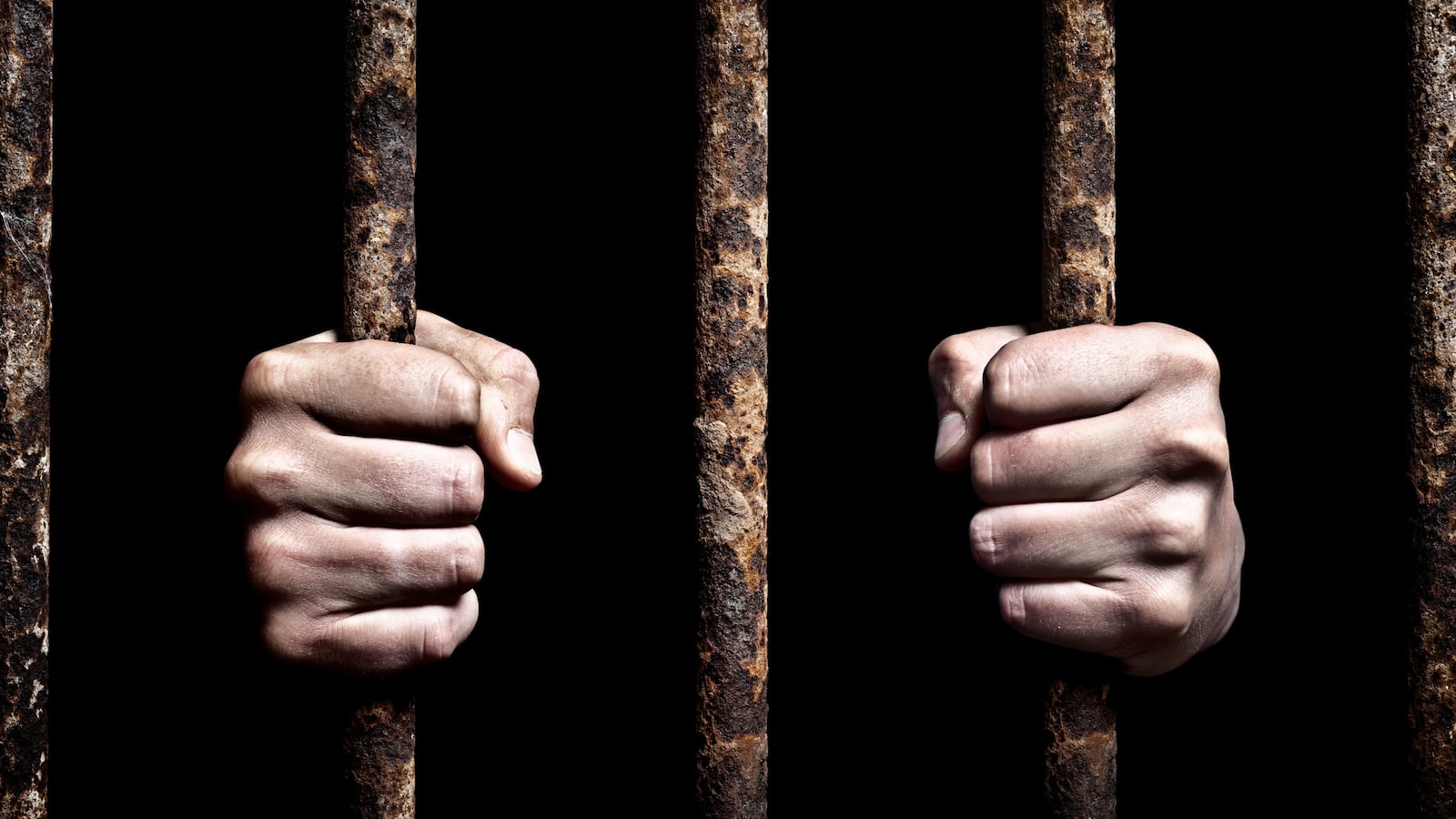Britain’s Ministry of Justice was left scrambling Monday following the release of a new report revealing the extent of sexual abuse in its correctional facilities. The independent investigation found that thousands of inmates across England and Wales were victims of sexual assault each year, mirroring a study of the U.S. penal system published in early 2014.
With the UK authorities placing the number of sexually assaulted inmates at just 170 per year, there is evidently a major disparity at play between what politicians sees fit to report and the reality of the abuse. The government has yet to dispute the figures, merely stating that “sexual relations between prisoners are not common place,” according to Prisons Minister Andrew Selous. “Reported incidents of sexual assaults in prison are rare,” he says.
But when the number of convicts being sexually abused is hitting the thousands, it does not feel rare. This is not one, or two, not 10 cases where something has gone awry: This is a problem—one that needs addressing on a serious level. The Commission on Sex in Prison, the UK’s first ever independent review of sexual relations behind bars, found that the number of recorded sexual assaults rose in 2013 to their highest level for nearly a decade, and that there are no policies in place which advise officers on how to deal with prisoners who report abuse of this kind. It also states that the police are rarely notified about such allegations, and that when they are, the process for handling such cases can be laborious and slow.
“Prisons are meant to be safe places where the law is enforced, not places where people are under threat of sexual violence and rape,” says Frances Cook, chief executive of the Howard League for Penal Reform, the organization behind the commission. The report also found that gay and transgender prisoners were at the greatest risk of being abused, and that no matter how many assaults did come to light, there would always be a large number who refused to acknowledge that they had been victimized—particularly those with the mentality that “real” men don’t get raped.
“Male victims find it less easy to identify as victims and ask for help...This has consequences in the way that men see themselves as victims of sexual crimes, and stops them from talking about what has happened to them,” states a 2012 paper on the marginalization of male sexual assault.
John, a former inmate who spoke with the commission, echoed this mindset. “People who are sexually assaulted or raped in prison are very unlikely to say anything because they are too scared, have been traumatized and will be bullied and victimized if they do so.”
Perhaps most tellingly of all, the commission’s attempts to interview prisoners about sexual abuse was blocked by the Ministry of Justice, meaning that only former inmates, as opposed current ones, were allowed to partake in the study. If the penal system doesn’t have a sexual assault problem, why did it fight so hard to deny the study access to the truth?
The UK clearly has an issue when it comes to accurate data gathering of imprisoned sex abuse victims. The commission credits the U.S. justice system with taking sexual assaults on inmates more seriously, and it is true that there is specific legislation in place to deal with such criminal acts. This, however, does not seem to have led to greater punitive action against perpetrators: The figures for rape or coercive sex suffered by inmates rose by 11 percent between 2008 and 2011 in spite of the Prison Rape Elimination Act (PREA) being passed in 2003.
What the PREA has done, though, is foster far more open channels of communication about the nature of both the abusers and the abuse that is being carried out. Data from the U.S. Bureau of Justice (BoJ) released this year identified that officer-on-prisoner abuse in juvenile institutions was nearly double that of adult jails, and that 70 to 80 percent of those who had been sexually assaulted cited staff as the perpetrators.
This is a gross abuse of power on two levels: firstly, that guards entrusted with the welfare of prisoners see fit to use inmates as objects for their own perverse pleasure, and secondly, that the dissemination—and consequently our ability to appropriately penalize the perpetrators—is repeatedly bungled. What kind of justice system not only enables government employees to commit the same crimes many of the inmates in their care are imprisoned for, but then shields them from being held to account? The BoJ reports that in 2011, just 6 percent of staff were either arrested or prosecuted for such acts. The hypocrisy stinks.
“When the government takes away someone’s freedom, it assumes an absolute responsibility to keep that person safe. No matter what the crime, rape should never be the penalty,” concluded Lovisa Stannow, executive director of the U.S. prisoners’ rights organization Just Detention International.
“As long as rape in prison is cloaked in silence, this kind of violence will continue unabated,” she said.






